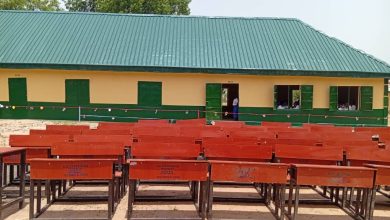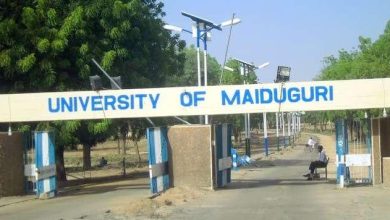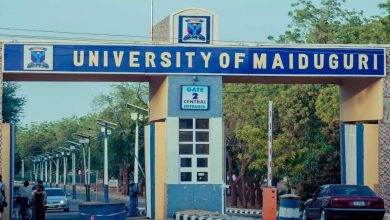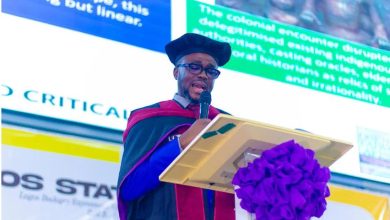FG Proposes Special Tribunal for Exam Malpractice
A new tribunal to tackle examination malpractice is in the works, aiming to ensure quick prosecution and restore credibility to Nigeria’s exam system.
The plan includes NIN-linked student records, CCTV in exam halls, computer-based tests, and stricter monitoring of invigilators and supervisors.
The Federal Government has proposed the creation of a National Examination Malpractice Tribunal to ensure the swift prosecution of individuals involved in examination-related offenses and to serve as a deterrent to others.
This proposal was disclosed by the Minister of Education, Dr. Tunji Alausa, in Abuja during the official presentation of a committee report focused on enhancing the quality of examinations in Nigeria.
While receiving the report, Dr. Alausa expressed strong support for the 12-point set of recommendations put forward by the 17-member committee chaired by the Registrar of the Joint Admissions and Matriculation Board (JAMB), Professor Ishaq Oloyede. The minister stated that the proposals are practical and will be fully implemented by the government.
“I want to assure the committee that every single one of these recommendations will be acted upon. They are achievable, and the Ministry will begin taking steps towards their implementation immediately,” he said.
The committee, which was set up in January 2025, concluded five months of detailed work before submitting its final report. One of its major recommendations is that the Federal Ministry of Education should work with the National Assembly to enact legislation establishing a dedicated tribunal for handling cases of examination malpractice efficiently.
The committee also recommended that critical documents, including examination registration forms, certificates, and result slips, should contain the candidate’s National Identification Number (NIN), photo, and date of birth to reduce incidents of impersonation and identity theft.
Additionally, all examination officials, including supervisors and invigilators should be registered using their NIN and linked to a central database through a short code system similar to JAMB’s 55019/66019 platform. The recommendation includes rotating invigilators and supervisors starting from the 2025 private Senior School Certificate Examination (SSCE) to prevent familiarity that could lead to compromise.
To further strengthen oversight, it was advised that only teachers with pensionable appointments or public servants be used as invigilators and supervisors. Examination venues must adhere to a minimum candidate spacing of 1.5m by 1.2m or 1.8 square meters per person, with no exceptions allowed.
For monitoring purposes, the committee proposed the use of fixed CCTV surveillance in all examination halls and the establishment of a mini control room at each center to oversee real-time footage. Examination bodies were also advised to co-own central monitoring facilities to reduce costs and deploy body-worn cameras for officials during exams.
Another critical suggestion is that every pupil, upon entry into basic education, should be assigned a unique identifier linked to their NIN, which will follow them throughout their academic career in Nigeria.
The committee also raised concerns about the 1999 Examination Malpractice Act, which it said has not been enforced effectively, either due to lack of political will or practical barriers. It recommended a thorough review to make the law more enforceable.
It further suggested that Computer-Based Examinations (CBE) should be introduced for objective questions during private exams in 2025 and adopted fully for school candidates by 2026. The current continuous assessment system, which makes up 30% of SSCE scores, was flagged for manipulation and corruption, with a call for its urgent restructuring by the relevant authorities.
The proposals, according to the minister, are timely and will play a pivotal role in restoring the integrity of Nigeria’s examination system.



